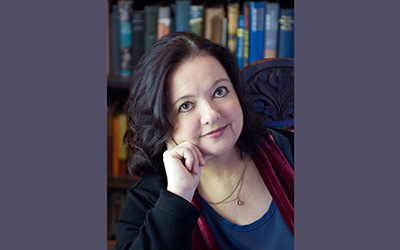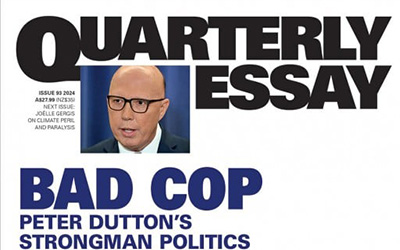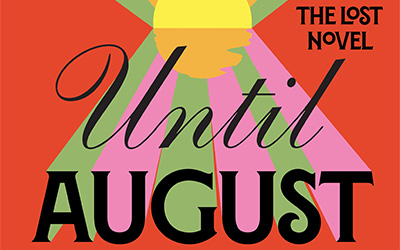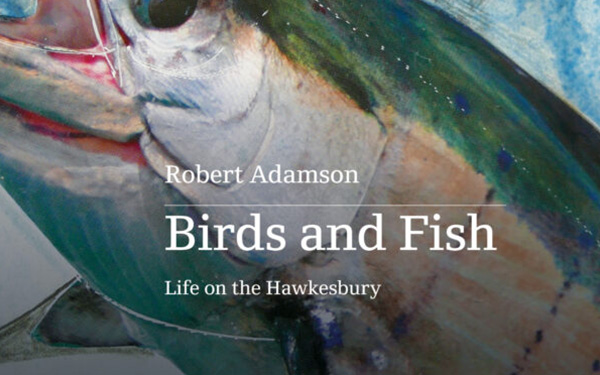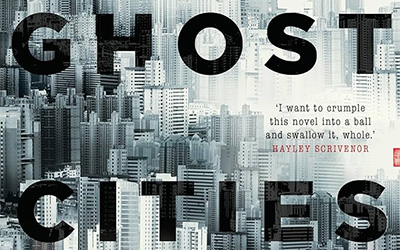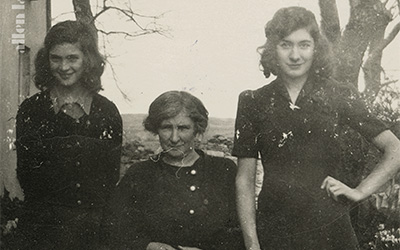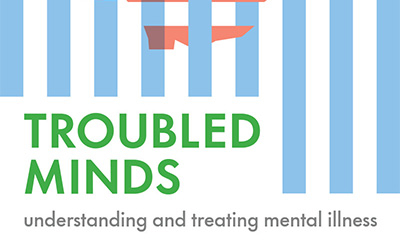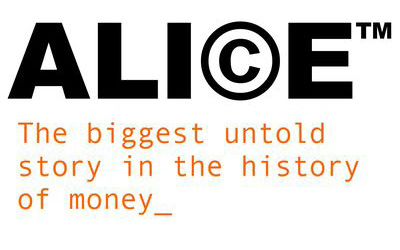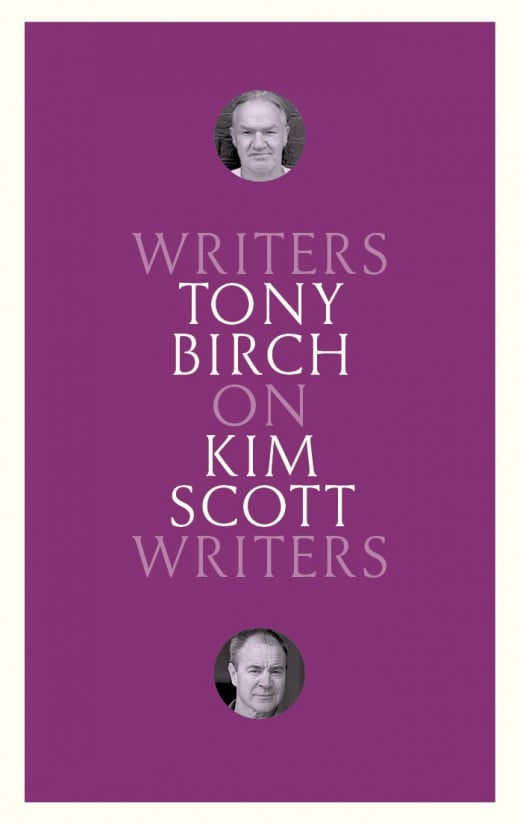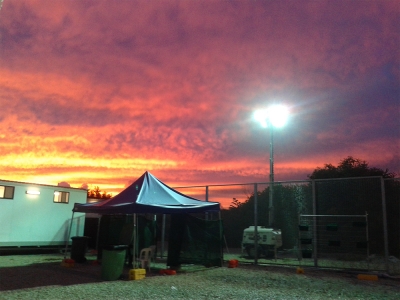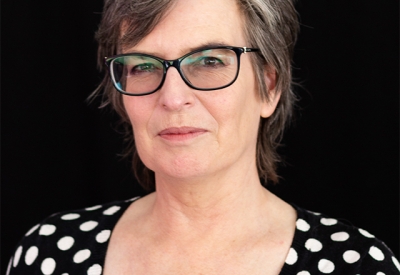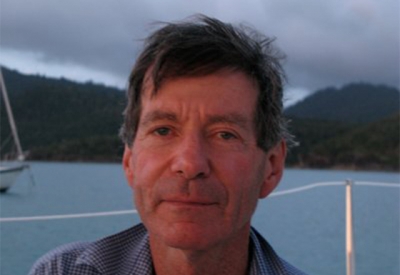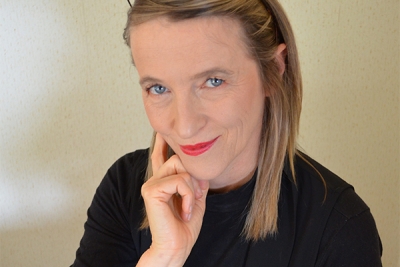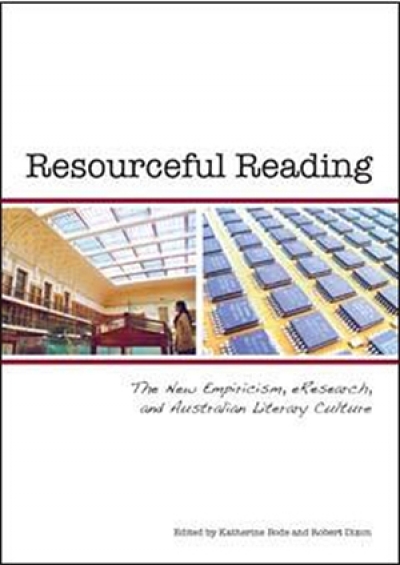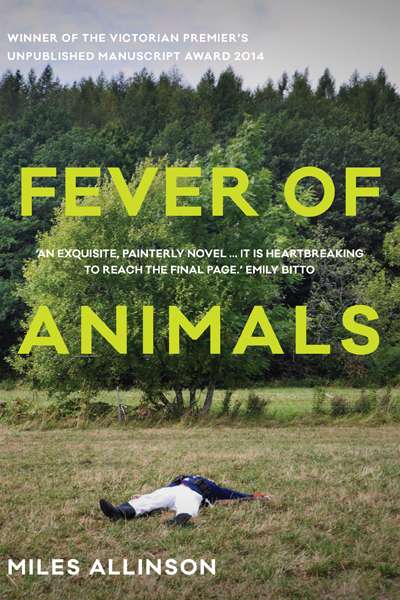Accessibility Tools
- Content scaling 100%
- Font size 100%
- Line height 100%
- Letter spacing 100%
Current Issue
Short story
Jolley Prize 2012 (Shortlist): 'Gorgeous Perambulator' by Jack Cox
The first time she came was remarkably with someone else. He had been doing more or less the same thing for about a week when it happened and she was glad but as is the nature of such thresholds it became a due before she could remember it being any different. Few things blow you away. Though it was mysterious at first she soon had it in her own power. Once years later while she was visiting her home town they met again by chance in the street and he smiled the way people can do who have shared that experience and she felt she did the same but there was a delay before she was really aware of what it was they had in common and even then it was an arousal of original knowledge purified of any local content, abstract as the moment you learned to ride a bike or even to hold your breath underwater. He had one shoulder higher than the other; she noticed it more from behind.
Commentary
The split state: Australia’s binary myth about people seeking asylum
People seeking asylum are off trend. As the black and brown people on boats have stopped arriving on Australia’s shores, so has our interest in them waned. In commemoration, a boat-shaped trophy sits in Prime Minister Scott Morrison’s office, inscribed with the words ‘I Stopped These’. Today, Australians seem preoccupied by the vaccine roll-out and allegations of rape in parliament. With a federal election on the horizon, people seeking asylum and refugees seem passé, a case of ‘out of sight, out of mind’.
The ABR Podcast
PODCAST
The ABR Podcast
The ABR Podcast is released every Thursday and features reviews, poetry, fiction, interviews, and commentary. Subscribe via iTunes, Google, or Spotify, or your favourite podcast app.
Interview
Alison Croggon is Critic of the Month
Interview
Open Page with Roger McDonald
Interview
Open Page with Justine Ettler
From the Archive
Old Children
I
Dad’s new car was that Ford Customline
wide as a bed and hissing with energy.
We’ll drive carefully, we promised
and took turns to burn up the bitumen
right the way to Helidon.
It never hissed after that. It sighed.
Sometimes guilt takes fifty years
before the blister breaks.
The Ford was traded in after only four years.
Dad’s silence was the rub.
From the Archive
Resourceful Reading: The New Empiricism, eResearch, and Australian Literary Culture edited by Katherine Bode and Robert Dixon
A quiet revolution has been occurring within the humanities over the last decade: the emergence into mainstream scholarship of new methods and approaches that exploit digital tools, electronic infrastructures, networks of data resources and the sheer computational power of modern technology. This renaissance builds on decades of pioneering work – well before its time and largely unacknowledged – performed by committed visionaries who perceived the possibilities for textual scholarship years before desktop computers and the Internet enabled the rest of us to see how our research could be informed, assisted, extended and even revolutionised by new technologies.





